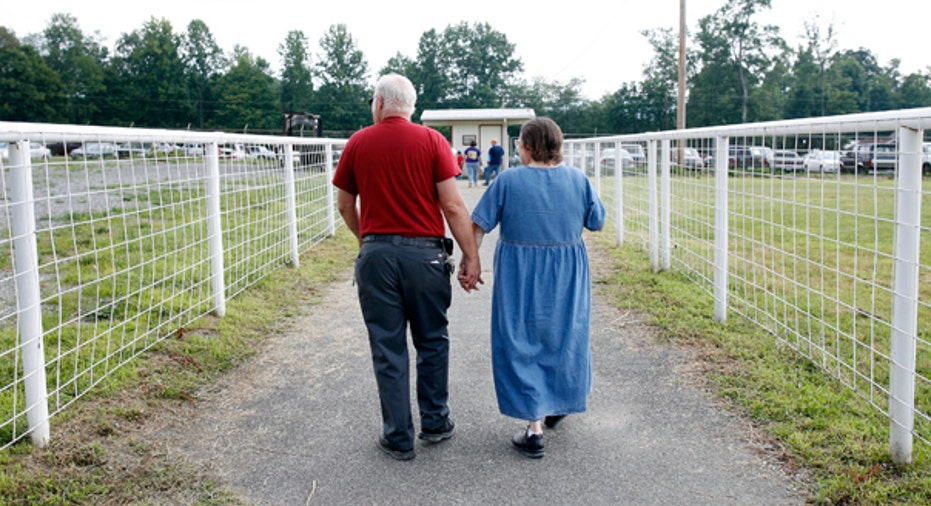Stealing From Grandma and Grandpa

When asked why he robbed banks, outlaw Willie Sutton famously replied, Because thats where the money is. The same could be said today about why financial crimes against the elderly are a huge, and growing problem.
This is the richest elderly population the world has ever seen, says Thomas Hafemeister, an attorney and professor at the University of Virginia School of Law. There are a lot of assets at stake. Financial, physical and psychological abuse are all topics this week as professionals and elderly advocacy groups meet to recognize World Elder Abuse Awareness Day on June 15.
As we age, not only do our mental and physical faculties decline, so do our defenses. Chicago attorney Andrew Stoltman, who specializes in securities crime, says 60% of his cases involve individuals age 65 and older.
The elderly are extremely vulnerable. They have to rely on more people. Theyve got to trust more people [to take care of things they can no longer do for themselves]. Financial scamsters know that and take advantage of it.
Research conducted in 2009 by the Met Life Mature Market Institute, estimated that in the U.S. alone, financial fraud against the elderly amounted to a staggering $2.9 billion. However, in all likelihood, it is much higher; the research only reviewed reported cases, i.e. those covered in newspapers and on TV. According to Hafemeister, who authored a major study on financial exploitation of seniors on behalf of the National Institute of Justice, the majority of cases involve family members. Its likely that manyif not most--of the cases of family fraud are never reported to authorities and in turn, never appear in the media.
Most perpetrators of elder exploitation get away with their crimes because they look like someone you can and should trust, says Sally Hurme, an attorney at AARP. They are family, neighbors, and that really nice person on the telephone. If they act like crooks they cant accomplish their crimes. They use stealth and smiles, rather than guns or knives.
Thanks to Social Security, Medicare, company retirement plans, lucky timing in the real estate and stock markets (recent history excepted), todays elderly are more self-sufficient financially. Instead of moving in with an adult child like previous generations, modern seniors prefer and can afford to live independently. In addition, children and other relatives may be scattered around the country, making it difficult to keep watch over mom or dads financial affairs.
Were encouraged to save our own retirement nest egg, says Hafemeister. Its great when youre healthy and can manage it, but aging makes this increasingly difficult.
He is critical of how easy it is to legally turn this privilege over to someone else we think is trustworthy by signing a simple power of attorney. Weve made it very easy. It gives that person enormous authority. There are very few checks on that; it makes the elder ripe for exploitation. He also points out that once someone knows the password to bank or credit card accounts, theres very little stopping [them] from continuing to draw down the account.
Stoltman cites a case he handled which involved a son who oversaw his mothers investments. He stole more than $1 million from his mom and left her penniless. Fortunately, he was a broker and we were able to sue in arbitration and recover those losses.
Next week: Ways to prevent and recognize financial exploitation of the elderly.
Ms. Buckner is a Retirement and Financial Planning Specialist at Franklin Templeton Investments. The views expressed in this article are only those of Ms. Buckner or the individual commentator identified therein, and are not necessarily the views of Franklin Templeton Investments, which has not reviewed, and is not responsible for, the content.
If you have a question for Gail Buckner and the Your $ Matters column, send them to: yourmoneymatters@gmail.com, along with your name and phone number.



















